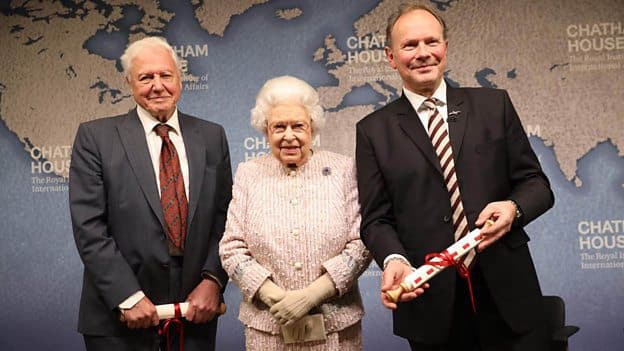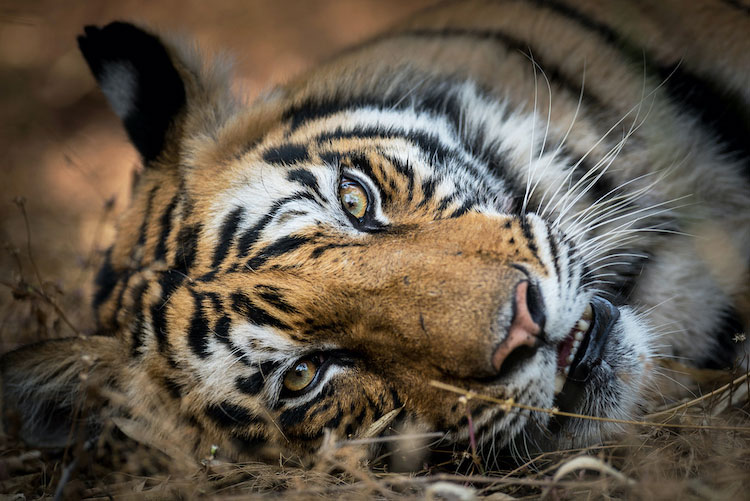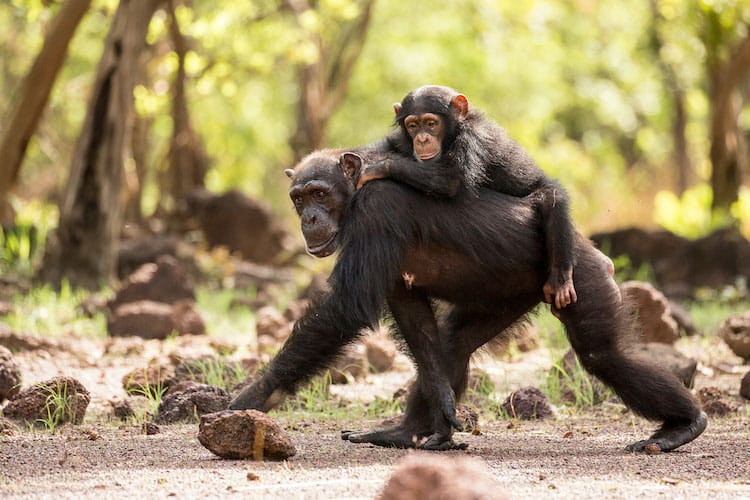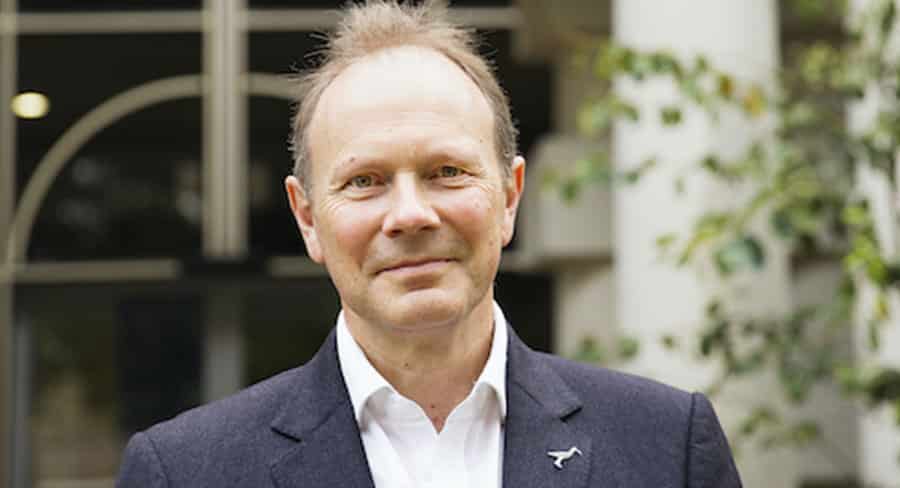The BBC Earth brand has this week been celebrating 50 years of Earth Day with Earth Week, a special line-up of programming on its TV channel which looks at the planet both up close and from far away and explores the vital role people play in ensuring its future.
Screening each evening at 8.30pm from Monday, April 20, the week kicked off with the premiere of Blue Planet Revisited, exploring the challenges facing the marine eco-system and wildlife in the Great Barrier Reef and the Bahamas.
The channel showcases much of the work from the award-winning BBC Studios Natural History Unit. The producer of content across TV, online and radio, the unit is overseen by Julian Hector. Mediaweek recently spent time with the seabird biologist turned filmmaker as he presented some of the unit’s future plans to TV buyers in Liverpool.
Earlier this year Hector and colleague Sir David Attenborough were presented an award by Queen Elizabeth for their work on Blue Planet II which studied the impact of ocean plastic pollution.

Head of BBC Studios Natural History Unit Julian Hector with Queen Elizabeth and Sir David Attenborough
At the presentation, Hector said: “On behalf of all of my team, it is an honour to receive the Chatham House Prize jointly with Sir David Attenborough – the world’s greatest storyteller. The extraordinary wonder and beauty of marine life shown under threat in Blue Planet II awoke the world to the fragility of our planet. We didn’t set out to make a program about ocean plastics or climate change, but we documented what we saw – this is our world whether we like it or not.”
Speaking to Mediaweek just days after receiving that award, Hector spoke about how he started his career: “I used to be a field biologist and studied albatrosses in the Antarctic and did my PHD there. I stayed in that world for about 10 years and then made a gear change into the BBC Natural History Unit 25 years ago.”

Images from BBC Natural History Unit flagship production Dynasties which launches on BBC Earth on April 27
Hector started making shows for the broadcaster before being promoted to run the Natural History Unit four years ago.
Now in that management role, we asked Hector how many days he gets out of the office. “Not enough. I really crave working in the field. I have an amazing team of executive producers and the Natural History Unit presents the work of those amazing men and women to the world. I encourage them as much as possible to get into the field and see their teams at work around the world.
“It is really good for creative minds to go where the story is, come back and lead their teams, keeping fresh that way.”
Hector said a creative driver for his department is to understand what people are interested in and what they want to see. “We are truly driven by innovating. Our big promise to the audience is to get them closer, and then closer still. The idea of different perspectives really drives capture technology. Linked to that is to really innovate in storytelling. We want to be able to have audiences attach their minds and agendas of individual animals. We monitor the audience uptake of our shows and the level of engagement and how they emotionally connect with the story we tell.”
Although the technology has changed significantly since Hector first started making content, he noted some basics are unchanged. “One of the things that defines the Natural History Unit is us capturing unique animal behaviour. Also capturing unique plant behaviour. For both of these things you point a camera at it and press the ‘Go’ button. Now we can do things like set up rigs which might have 36 cameras on them so you can film something like a primate moving through a forest at 360º angles. You just couldn’t have attempted something like that in the 1980s. Other innovations include remote camera technology and macro photography.”

Images from BBC Natural History Unit flagship production Dynasties which launches on BBC Earth on April 27
Drones have revolutionised natural history filming and Hector said it was hard to imagine how using them could be overdone. “They will be seen as one of the great step changes in the perspectives we bring to audiences. In the past we had to get around in great big helicopters with camera operators hanging out of them costing maybe $20,000 an hour to run.
“Now we can use drones that are able to go much lower, be much quieter and much cheaper. In our series Seven Worlds in 2019, some of the most memorable animal behaviour sequences were shot by drones. They gave audiences perspectives that were amazing.”
Hector is a big 4K, UHD, advocate. “Natural History really lends itself to it. Part of the promise of natural history is that we will immerse audiences in the natural world. The colour palette and the sense of being there are really driven by UHD.”
As to whether the picture quality continues to grow to 8K and beyond, Hector commented. “The issue used to be how much film stock you could carry into the field. Now the issue is the amount of storage you can take into the field. If you are filming in 8K you need very large numbers of drives and drives need power and we are very sensitive to carbon neutrality and the impact of what we do. Filming in 8K though lets you do things like project onto buildings or to crop in on images and retain good quality.”
The scope of the programs coming out of the Natural History Unit range from the big investments to more niche programming. “The flagship titles are important – they can take four years or more to make, are well funded, but those shows are only as good as the off-screen talent making them. Those people are rare. The wider range of content we do are important to reach different audiences more regularly and they are a fabulous training ground for the big blue-chip pieces.”
As to audience trends, Hector said: “Bringing the natural world into someone’s home has always been in demand. Thank goodness a big shift has happened with an appetite to watch stories about our relationship with the natural world. Big environmental pieces, the conservation agenda, are becoming a sweeping trend.”
Hector has spent some time in Australia, but not enough he said. “I’ve loved my visits to Western Australia where I have seen southern right whales. I have seen some of Tasmania and the Tasmanian Ash which blew my mind. Some say it is the tallest tree in the world. My heart was bleeding for the great human and animal tragedy during the recent fires. I have friends in Australia and they have been reporting back to me. We really want to tell some of those stories.”
